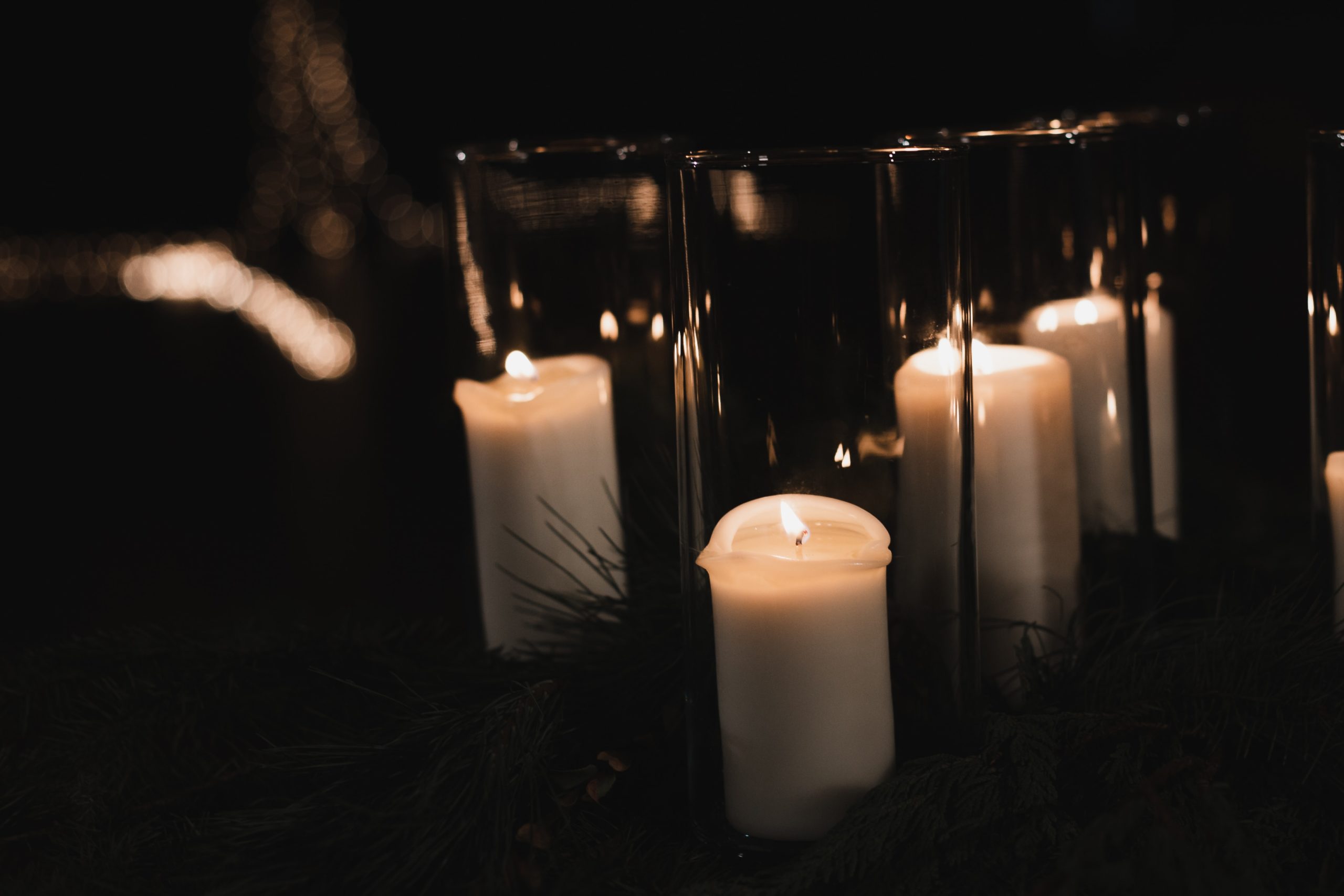
I usually cherish the season of advent. But this year, the waiting feels like agony.
In the Christian tradition, advent is the season where believers reflect and remember the first coming of Christ, even as we long for his second coming. We light candles, open calendars, and read devotionals that prepare our hearts and minds for the gift of God’s presence among us. As I’ve lit my own candles and watched the days pass by, I’ve begun to realize that how I wait is just as important as what I wait for.
2020 itself has groaned for the reconciliation of the Lord’s presence. All of creation longs for the day where things are made new and bright and free from the corruption of sin and suffering. On a personal level, this advent has been sweeter but also significantly more difficult than any of my other years following the Lord.
I got engaged this year, and even though I know the day and even the very hour when we will be married, the waiting often feels unbearable. Although my immediate desire is to be united with my husband, my engagement has increased my ultimate desire to be united with the Lord — I long not just to be unveiled before my earthly groom, but my heavenly one too. My anticipation for life shared with my beloved has heightened my longings for communion with the One who calls me beloved. Oh, how I long for what is mortal in me to be swallowed up by life!
All is not as it should be — not yet.
As the world turns and days come and go, it is easy to become discouraged and disillusioned. Whichever consummation you’re waiting for, whether the marriage of mortals or the marriage supper of the lamb, the dust eventually settles and the snow melts and we stare into a long cold winter ahead.
When will you return, Lord?
When will my beloved be with me?
When will these hardships be over?
As I’ve wrestled with these feelings and longings, I’ve come to realize that the Lord is using this season of anticipation to refine me. This season has caused me to question — “what am I waiting for?”
If we’re not careful, waiting begins to feel like a slight instead of a gift. Instead of a season to pray and prepare and grow in patience and perseverance, waiting can become a place of bitterness and self-indulgence.
But this is not a biblical understanding of waiting. In the Bible, waiting is never idle. We do not waste away while we wonder when the Lord will return.
Instead, biblical waiting reveals and eradicates our selfishness. The Spirit works to strip us of that which is selfish, leaving purified and holy desires. Waiting becomes expectant — not in hopes that we’ll get what we want, but in trust that God will use our waiting to make us like Him.
When we wait in expectation, we do not just sit idly by. We lift our eyes, strengthen our weak knees, and put our hands to the plow, and choose to not look back. We choose to press on and press in, fixing our eyes on Jesus, the founder and perfecter of our faith. As we reflect and remember his first coming, we call out for his second, longing for the consummation where all things are made new, knowing that he will come at the fullness of time.
Knowing these truths doesn’t always make things easier. We don’t just stop acknowledging things that are painful or difficult. But we know that our discomfort is not the end. What’s more, we can trust that the Lord will continue to refine us and reveal how we can grow and change. The Word tells believers that when we are faithful with little, we will be trusted with much, so I’m asking the Lord to help me be faithful in my waiting, and to increase my desires for the consummation of his kingdom above all else.
Come, thou long expected Jesus,
Be the joy of our longing hearts.

